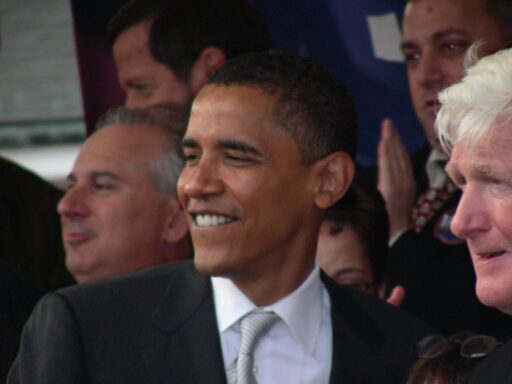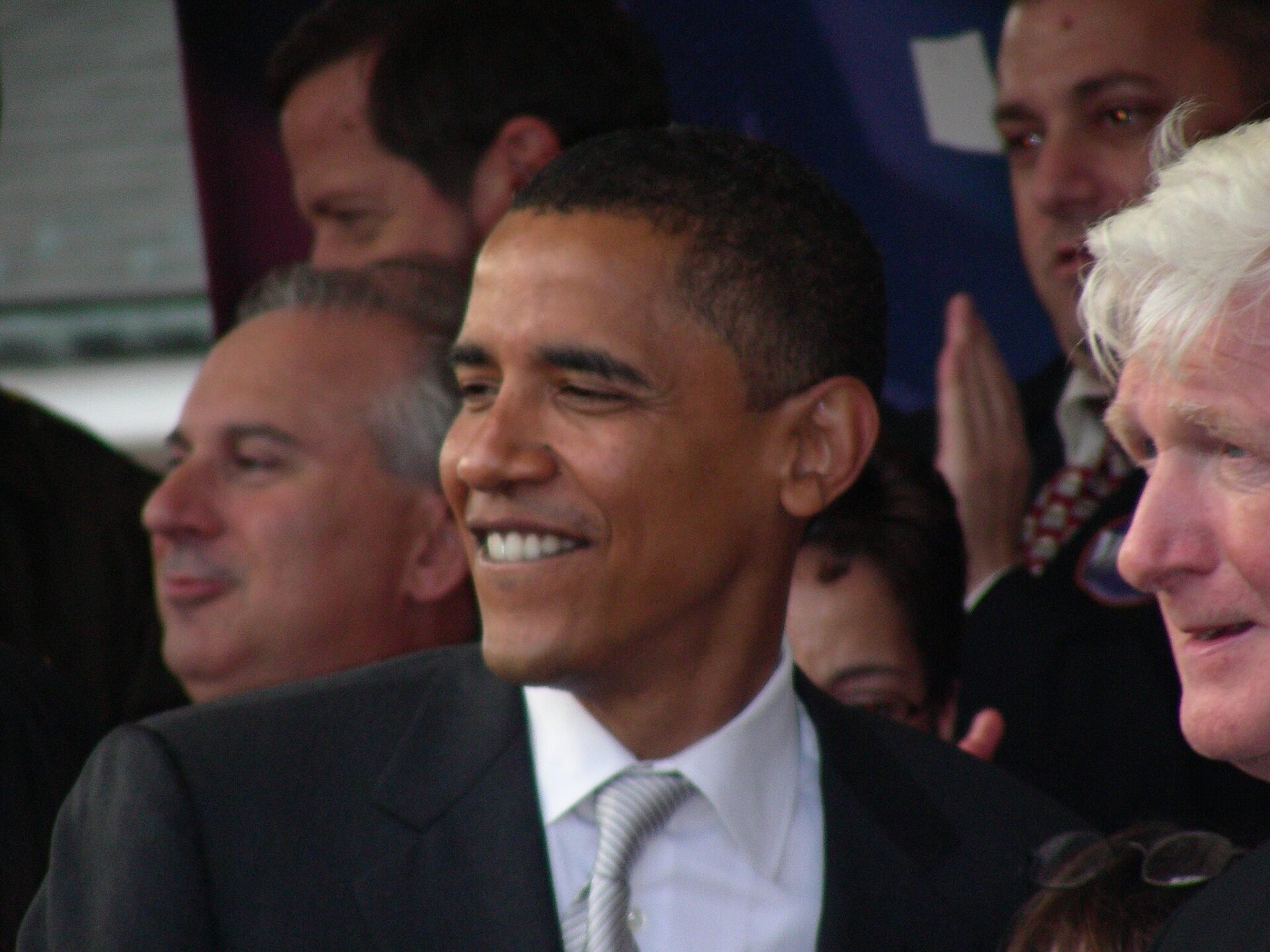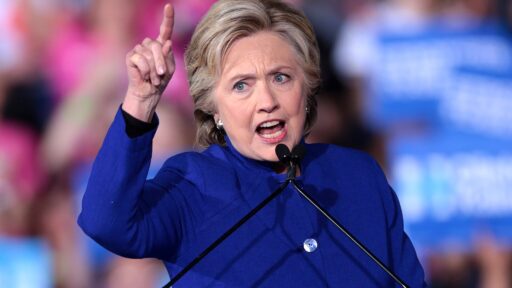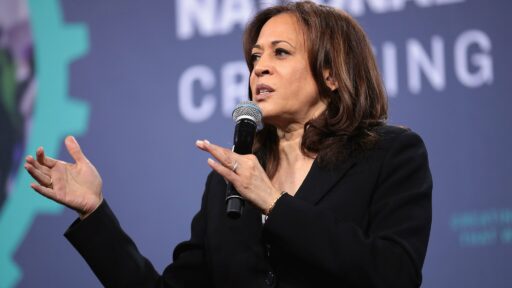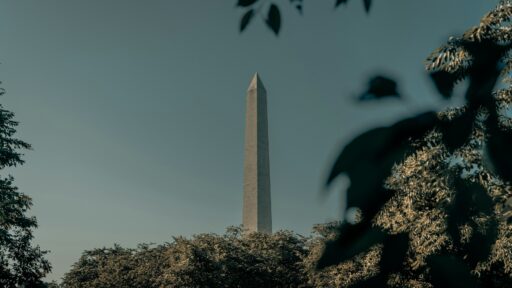Democrats Nervous About Libertarian Voters?
In the midst of a fiercely contested race for Montana’s Senate seat, Democratic Senatorial Campaign Committee Chair Gary Peters of Michigan acknowledges the challenging position of Democrat Jon Tester, who is facing a tough re-election battle. However, Peters challenges the prevailing notion that Libertarian candidate Sid Daoud will siphon enough votes from Republican contender Tim Sheehy to secure Tester’s victory.
During a recent breakfast event hosted by the Christian Science Monitor in Washington, D.C., Peters expressed skepticism about the theory that Libertarian votes would predominantly benefit Tester. “It’s sometimes hard to gauge, as many Libertarian voters support the party out of genuine conviction,” Peters remarked in an interview with Newsmax. He further noted that some Libertarian voters might choose to skip the Senate race entirely if their preferred candidate is not on the ballot, rather than voting for either major party candidate.
In response to the potential impact of Daoud’s candidacy, Steve Daines, Chair of the National Republican Senatorial Campaign Committee and a Montana native, has been actively encouraging Daoud to withdraw from the race. The goal is to enable Sheehy to face Tester directly in a head-to-head competition. Tester, who has won all three of his previous terms by a narrow margin of around 4%, faces an uphill battle in this election cycle.
Historically, Republicans have argued that votes cast for Libertarian candidates tend to favor their opponents. For instance, in Virginia’s 2013 gubernatorial race, Libertarian Robert Sarvis is believed to have drawn enough votes away from Republican Ken Cuccinelli to influence the outcome in favor of Democrat Terry McAuliffe. Similarly, in the 2014 Senate race, Sarvis’s candidacy is thought to have affected the narrow margin by which Democrat Mark Warner defeated Republican Ed Gillespie.
While Peters acknowledges that Libertarian candidates can indeed impact Republican chances, he also points out that such effects can vary significantly. He notes that third-party votes often do not align as predictably as some might expect, and the final impact might be less significant than initial polls suggest.
Recent polling data, commissioned by AARP, indicates that Sheehy is leading Tester by 49% to 41%, with Libertarian Daoud receiving 4%. This poll reflects the current dynamics of the race, suggesting that the presence of a Libertarian candidate may have a more nuanced effect on the election’s outcome than some might predict.


